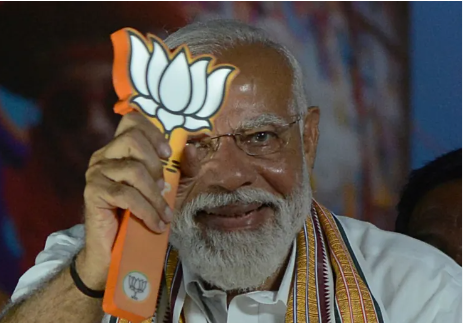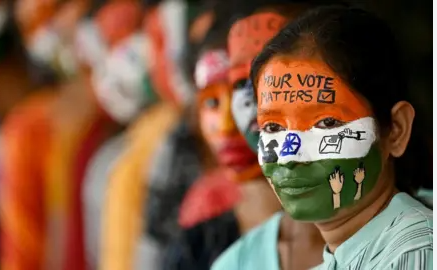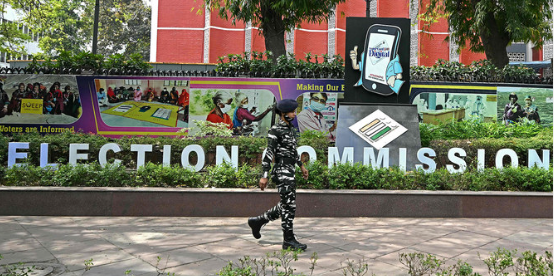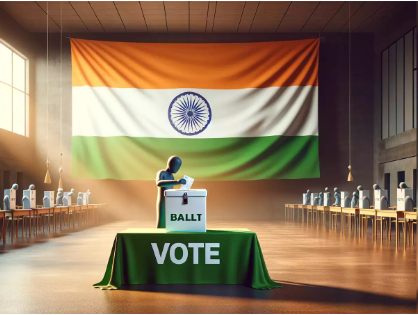India National Elections 2024 the stakes are higher than ever. The world’s largest democracy is set to choose its next government through an electoral process that is both complex and colossal. With over 900 million eligible voters, the upcoming elections not only hold significance for India but also have a substantial impact on regional and global politics. Visit: Top Indias News

Electoral System and Key Dates:
India’s parliamentary system consists of two houses: the Lok Sabha (House of the People) and the Rajya Sabha (Council of States). The elections primarily focus on the Lok Sabha, where 543 members are elect from single-member constituencies using the first-past-the-post electoral system. The party or coalition securing a majority of seats (272 or more) is invite to form the government.
While the Election Commission of India has not yet announce the official schedule, the elections are expect to be held in several phases across the country from April to May 2024, with results likely announce in late May.
Major Parties and Coalitions:
The principal contenders in the 2024 elections are the ruling Bharatiya Janata Party (BJP) and the opposition Indian National Congress (INC), along with various regional parties that play crucial roles in shaping the electoral dynamics. The BJP, led by Prime Minister Narendra Modi, aims for a third consecutive term, capitalizing on its development agenda and nationalist policies.
On the other hand, the Congress party, with its young leader Rahul Gandhi, is trying to revive its fortunes by focusing on economic issues, unemployment, and social justice. The party is also working to strengthen alliances with other regional parties to form a robust opposition coalition.
Apart from these two national parties, regional powerhouses like the All India Trinamool Congress (AITC), the Dravida Munnetra Kazhagam (DMK), and the Samajwadi Party (SP) will significantly influence the electoral outcomes in their respective states.

Campaign Issues:
The 2024 elections are being fought on a variety of issues. The economy remains a central theme, especially in the wake of post-pandemic recovery challenges and concerns over unemployment. Other critical issues include national security, healthcare, education, and infrastructure development. Additionally, social policies, including those relate to religious and caste identities, continue to be significant, reflecting the diverse and sometimes divisive nature of Indian politics.
Climate change and environmental policies are also emerging as important electoral themes, particularly among younger voters, who are increasingly vocal about sustainable development and green energy initiatives.
Electoral Reforms and Technology:
The Election Commission of India continues to innovate in managing elections, with increase emphasis on electronic voting machines (EVMs) and voter-verify paper audit trails (VVPATs) to ensure the integrity and transparency of elections. The use of technology, including artificial intelligence and big data, is becoming more prevalent in understanding voter behaviors and managing electoral logistics.

International Implications:
The outcome of India’s national elections will have profound implications for international relations, particularly in terms of trade policies, defense, and strategic partnerships. As India positions itself as a major global player, its political stability and policy direction post-elections will be closely watch by world leaders and global markets.
Conclusion:
The 2024 National Elections in India are not just a test of democratic engagement but also a reflection of the socio-economic aspirations of one of the world’s most populous nations. As political parties canvas the vast and vary landscape of India, the electorate’s choice will determine the path for the nation’s future, making these elections a pivotal moment in India’s democratic journey.









